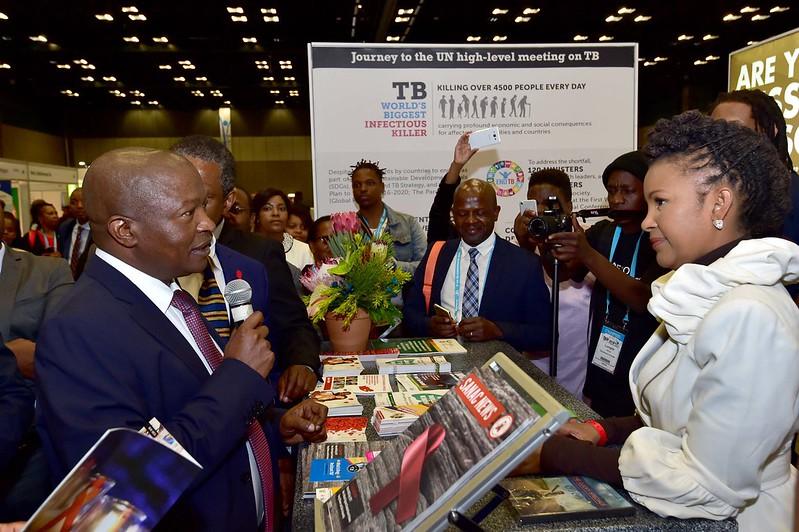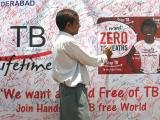South Africa's anti-trust regulator announced last week that drugmaker Johnson & Johnson (J&J) and its subsidiary, Janssen Pharmaceutica, have agreed to withdraw a secondary patent on the tuberculosis (TB) drug bedaquiline.
The move opens the market in South Africa for generic suppliers to produce lower-cost versions of the drug, South Africa's Competition Commission said in a statement. The companies also agreed to lower the price charged for bedaquiline to South Africa's National Department of Health by 40%, which will bring it in line with what other low- and middle-income countries (LMICs) are paying.
Bedaquiline is a key component of the shorter, all-oral, less toxic, and more effective treatment regimens endorsed by the World Health Organization for treating drug-resistant TB (DR-TB). South Africa has one of the highest TB burdens in the world, with an estimated 304,000 cases and 55,000 deaths in 2021.
In return, the Competition Commission said it has decided to end its investigation into the two companies for alleged anti-competitive conduct. The Commission issued its complaint against J&J in September 2023 after the company filed for a secondary patent, which would have restricted the entry of generic bedaquiline alternatives into the country until 2027.
Criticism leads to price cuts
The move is the latest in a series of steps over the past year by J&J to reduce the price of bedaquiline, sold under the brand name Sirturo, following criticism from TB patient advocacy groups and non-governmental organizations like Medecins Sans Frontieres (MSF) that the company was blocking access to cheaper versions of the drug.
In July 2023, J&J granted the Stop TB Partnership's Global Drug Facility (GDF) a license to tender, procure, and supply generic versions of bedaquiline for low- and middle-income countries (LMICs) where the drug was still under patent. A month later, J&J said it would supply the GDF, which was created in 2001 to promote equitable access to TB drugs and diagnostics, with bedaquiline at $130 per 6-month treatment course per person—roughly half the previous price.
South Africa, however, is one of a handful of LMICs that don't buy bedaquiline through the GDF and has continued to pay a higher price for the drug ($306 for a 6-month course, according to MSF). While the agreement with the GDF and subsequent price reduction was widely praised, MSF and others renewed their calls for J&J not to file or enforce secondary patents on the drug in any country with a high burden of TB.
In September 2023, following the Competition Commission's launch of the investigation into anti-competitive practices, J&J announced that it would no longer enforce secondary patents on the drug in 134 LMICs, including South Africa. The announcement last week means that generic drug companies will now be able to start producing bedaquiline in South Africa at a lower price.
"We hope that this significant step will increase access to affordable bedaquiline for people living with TB in South Africa, as the country will now be able to purchase more affordable, generic versions of bedaquiline and could see more generic producers enter the market to bring the price of bedaquiline even lower, and ultimately, save more lives from TB," Candice Sehoma, an advisor with MSF's Access Campaign, said in a press release.






















